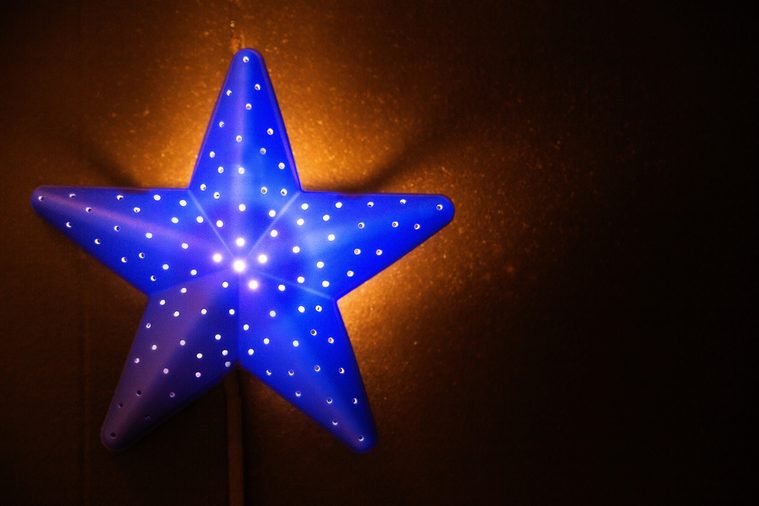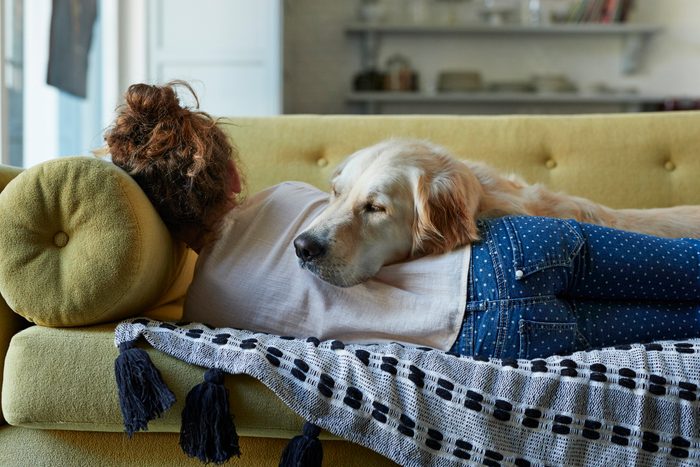
How to snooze soundly
There’s always room for improving your sleep. You might have already tried sleeping with weighted blankets, or perhaps the other end of the spectrum—sleeping naked. If you’re looking for all the sleep help you can get, look no further than these expert sleep tips.
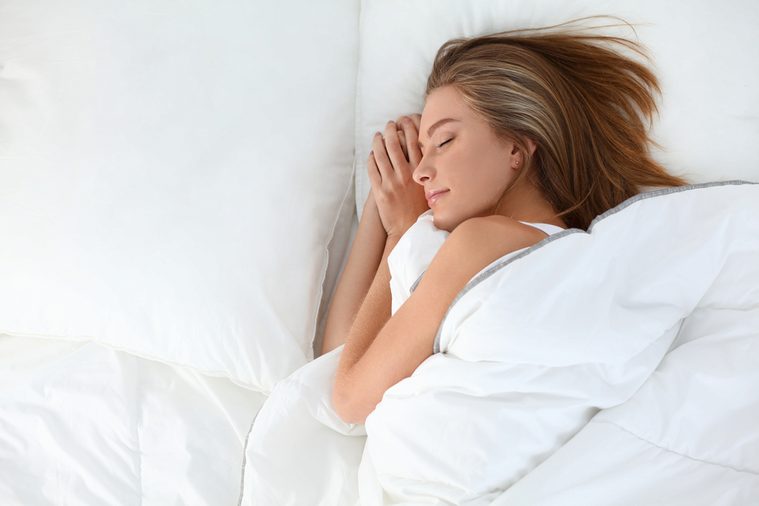
Temperature can affect some mattresses
“Memory foam is very temperature dependent. The foam can get a little hard in a cold bedroom. And if you’re a hot sleeper, it may make you hotter.” —Alan Hedge, PhD, professor of ergonomics at Cornell University, Ithaca, New York. Time for a new mattress? Here’s the best mattress for you.
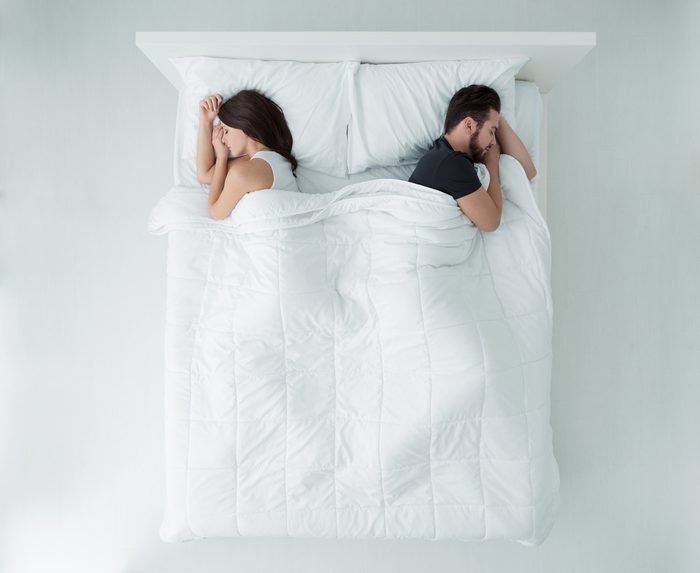
Familiar smells may help you sleep
“My research has found that any new smell, even one associated with relaxation, like lavender, can make you more alert and vigilant. You’re better off with a scent that makes you feel safe and comfortable. There really is something to cuddling up with your spouse’s undershirt.” —Pamela Dalton, PhD, odor-perception expert and sensory psychologist at Monell Chemical Senses Center, Philadelphia, Pennsylvania. Try these tricks for better sleep from sleep doctors.
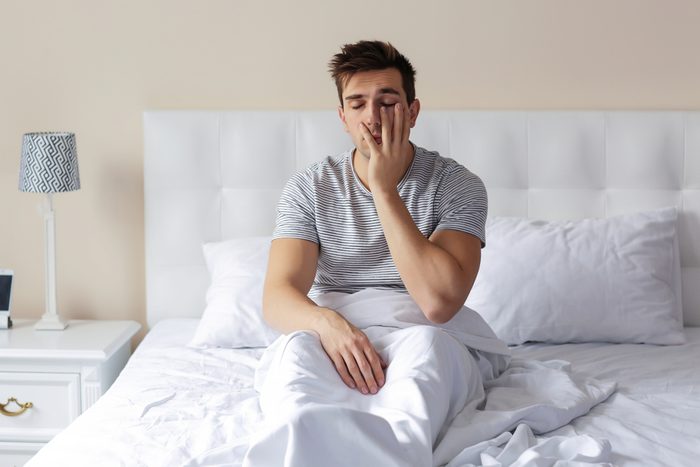
It’s normal to wake up a few times
“We expect to sleep for eight solid hours, but that’s actually not normal compared with global populations and our own evolutionary history. People naturally wake up two or three times a night. It’s worrying about it that’s the problem.” —Carol Worthman, PhD, an anthropologist at Emory University in Atlanta, Georgia. Here are more reasons why you might be waking up in the middle of the night.
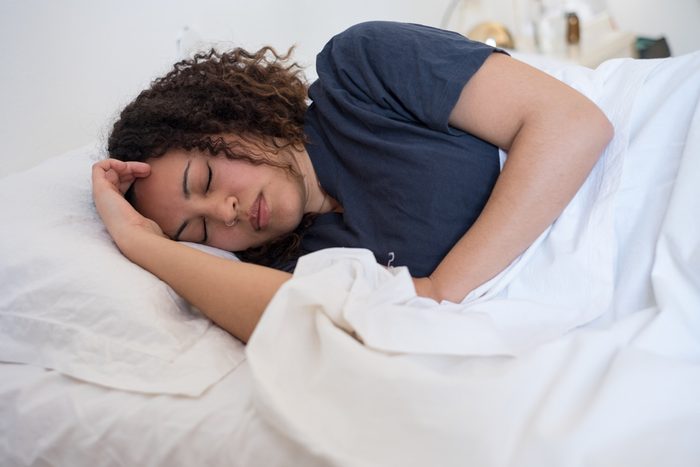
Prop yourself up
“If you’re not sleeping well, you may have acid reflux, even if you don’t feel heartburn. Try elevating your head by putting blocks under the top of the bed and sleeping on your left side. Or you can take a dose of Gaviscon (an over-the-counter remedy that creates a protective barrier against stomach acid).” —Patricia Raymond, MD, a gastroenterologist in Virginia Beach, Virginia
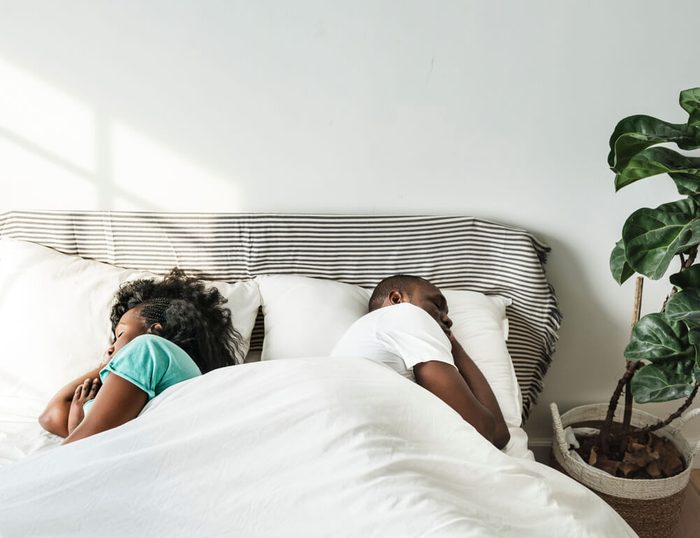
Get two single beds
“If you like a firmer mattress and [your partner] likes a softer one, you don’t have to compromise. Get two singles, push them together, and use king sheets. Or you can buy a strap that attaches the mattresses to each other.” —Alan Hedge, PhD
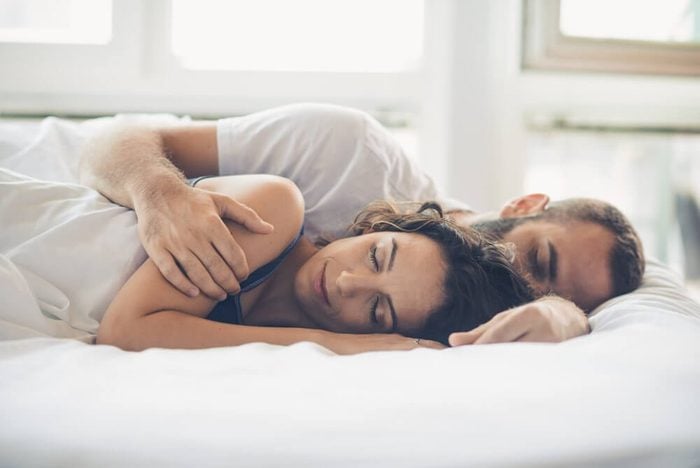
Sheets and blankets can disturb sleep
“One of the biggest disrupters of sleep is the pulling and tugging of sheets and blankets. I tell couples that each person should have a sheet and blanket. If you pull a big comforter or duvet over the top when you make the bed, you really can’t tell. Couples call me after I suggest that and say, ‘Wow — you changed our marriage.'” —Robert Oexman, chiropractor and director of the Sleep to Live Institute in Joplin, Missouri. These weird tricks can actually help you fall asleep faster.
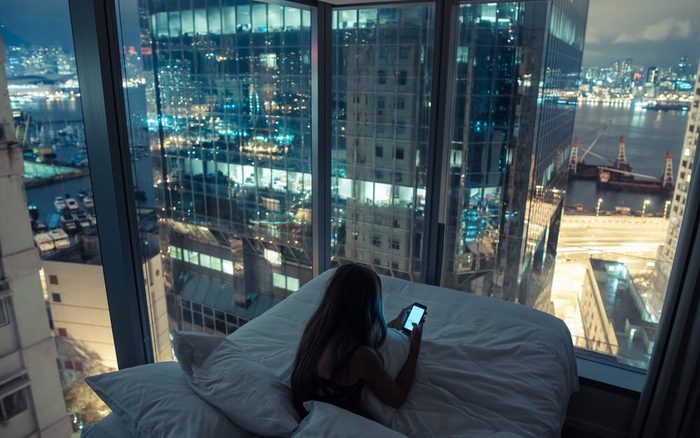
Avoid screens
“The cooler white and blue light emitted by a computer monitor stimulates brain activity and makes it difficult for your brain to wind down. Download the software at stereopsis.com/flux. It gradually dims your screen at sundown, shifting your monitor’s colors to warmer red hues.” —Colin Grey, a time-management coach in London, England. Staring at a screen is one of the 20 worst things you do before bed that sabotage sleep.
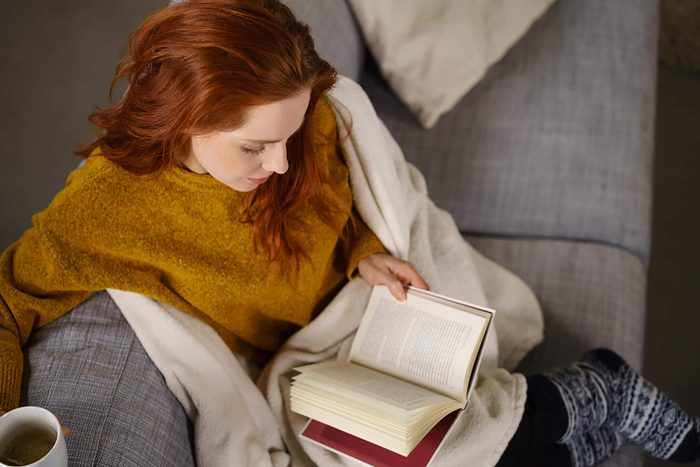
Read before bed
“Watching TV at night may seem relaxing, but it beams light into your eyes, which is an ‘alert’ signal for the brain. Read a book before bed instead.” —Tara Brass, MD.
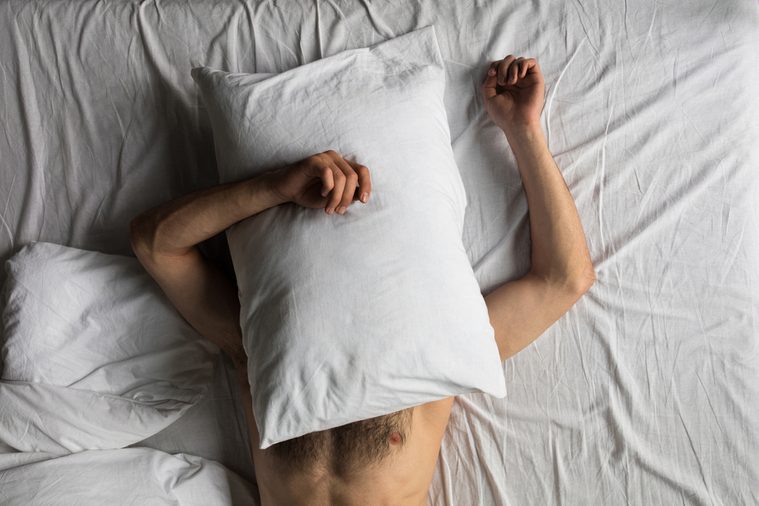
Get blackout shades
“To keep your room dark, use blackout draperies or shades—not blinds, because they never completely block out light. Install the shades as close to the glass as possible. If you don’t have the depth for an interior mount, extend the fabric several inches past the width of the window.” —Ian Gibbs, co-founder of the Shade Store in New York, New York. Try making these 8 little changes that can lead to better sleep in just one day.
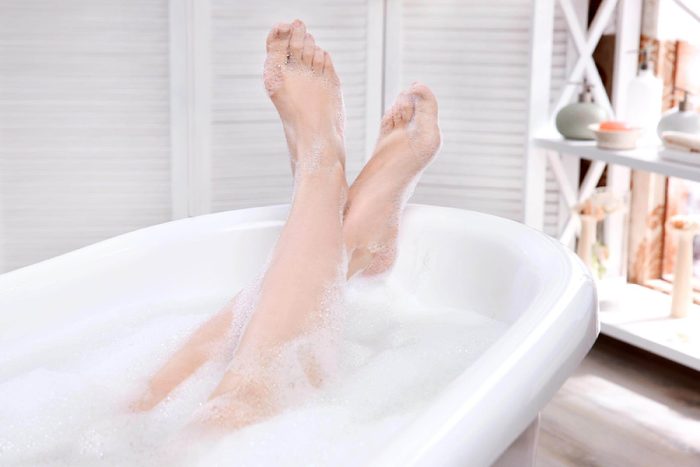
A hot bath can help your body fall asleep
“A hot bath will increase your skin temperature, which eventually decreases your core body temperature. Do the same thing for yourself that you’d do for a young child—make sure you take a bath a half hour or so before bedtime. “—Robert Oexman
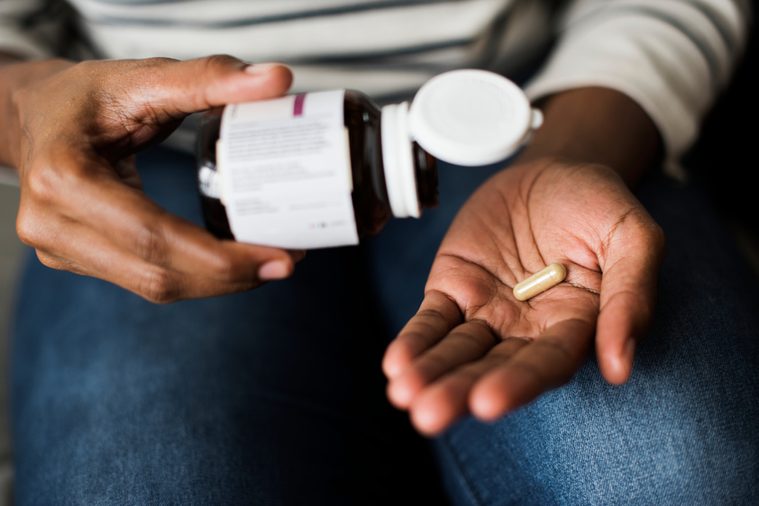
Some pain relievers contain caffeine
“A lot of people take bedtime pain relievers that contain caffeine and don’t even realize it. Excedrin has 65 milligrams of caffeine per tablet — if you take two, that’s as much as a cup of coffee. Check the label: Caffeine is always listed as an active ingredient.” —Jan Engle, professor of pharmacy at the College of Pharmacy, University of Illinois at Chicago
Nightlights should be a low blue
“Lights that have a blue or green tint can turn down your production of melatonin, which makes it difficult to sleep. If you must use a night-light, pick a ‘low blue’ one.” —Robert Oexman
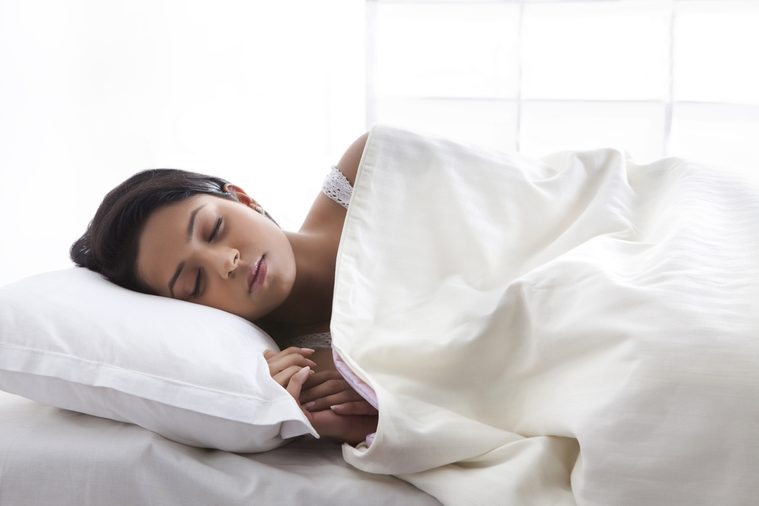
Don’t sleep on two pillows
“I’m not a fan of sleeping with two pillows if you’re a back sleeper because it makes your upper back curve and strains the neck and back. If you need to sleep up high for medical reasons, get a wedge and put your pillow on it.” —Karen Erickson, a chiropractor in New York, New York. Next, read about these sleep disorders that you need to know about.
